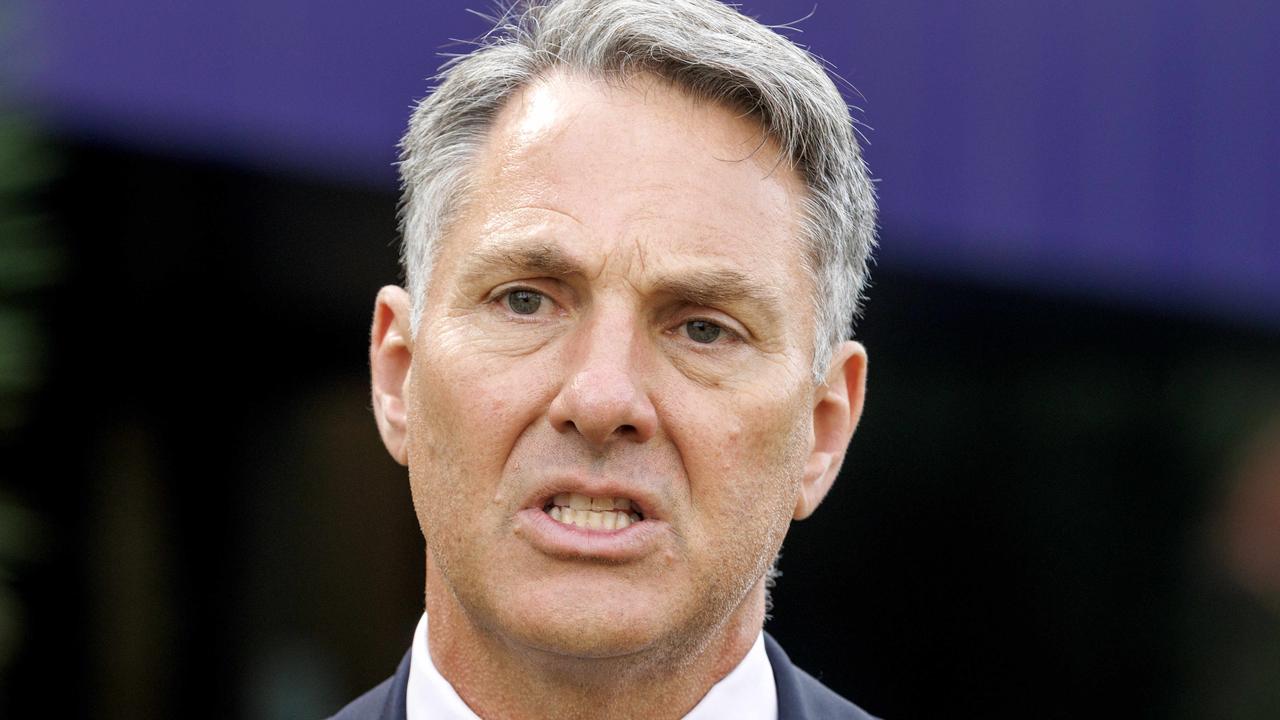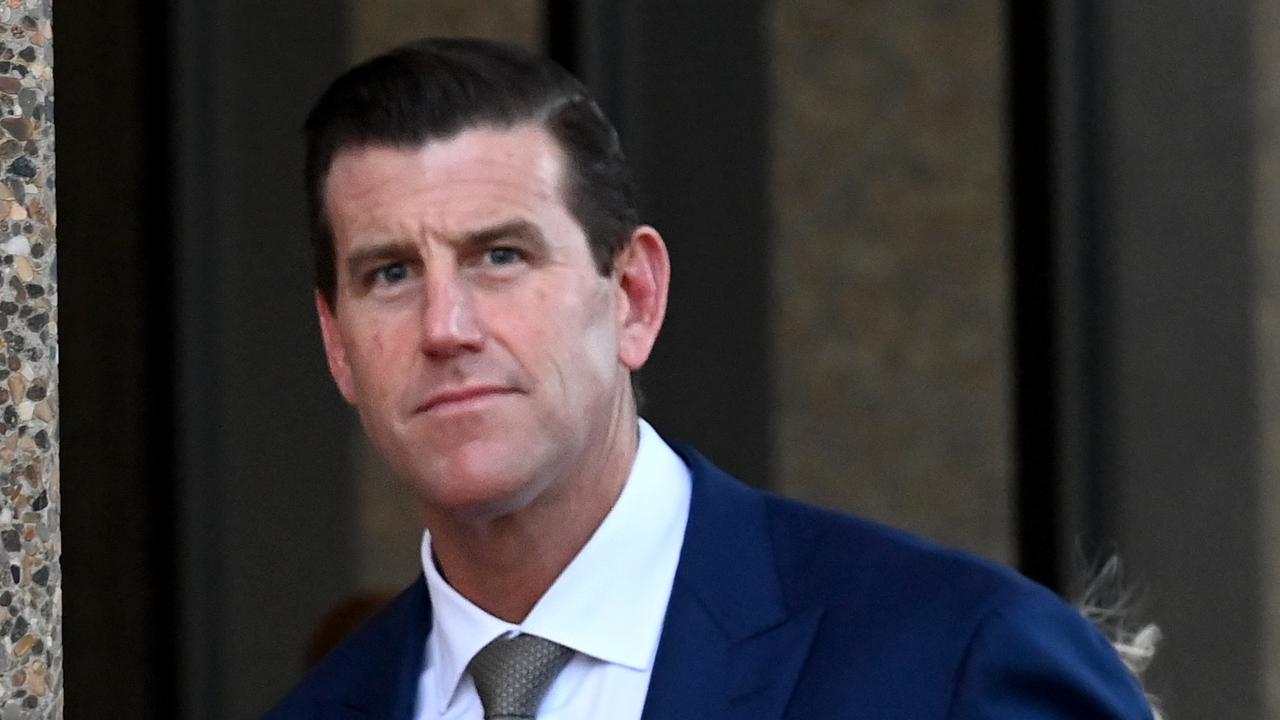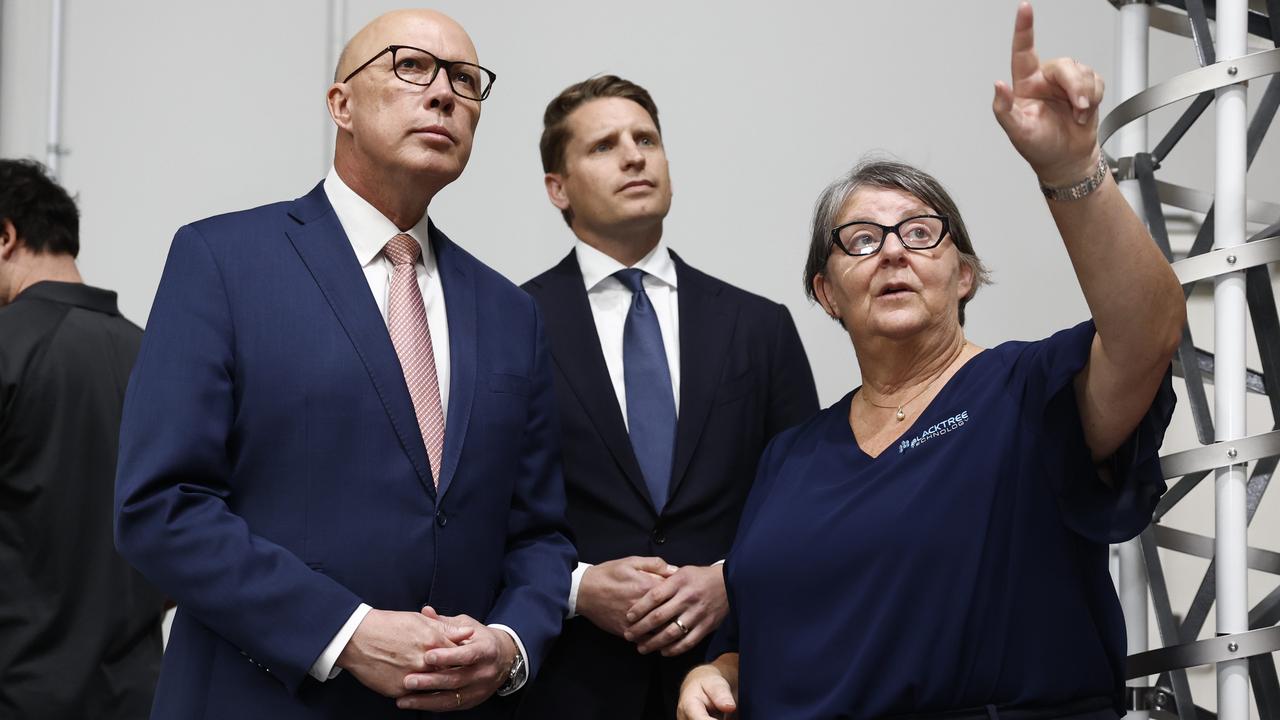US scrambles as threat of major attack looms
The US is sending more high-powered military resources to the Middle East as tensions threaten to escalate into open conflict.
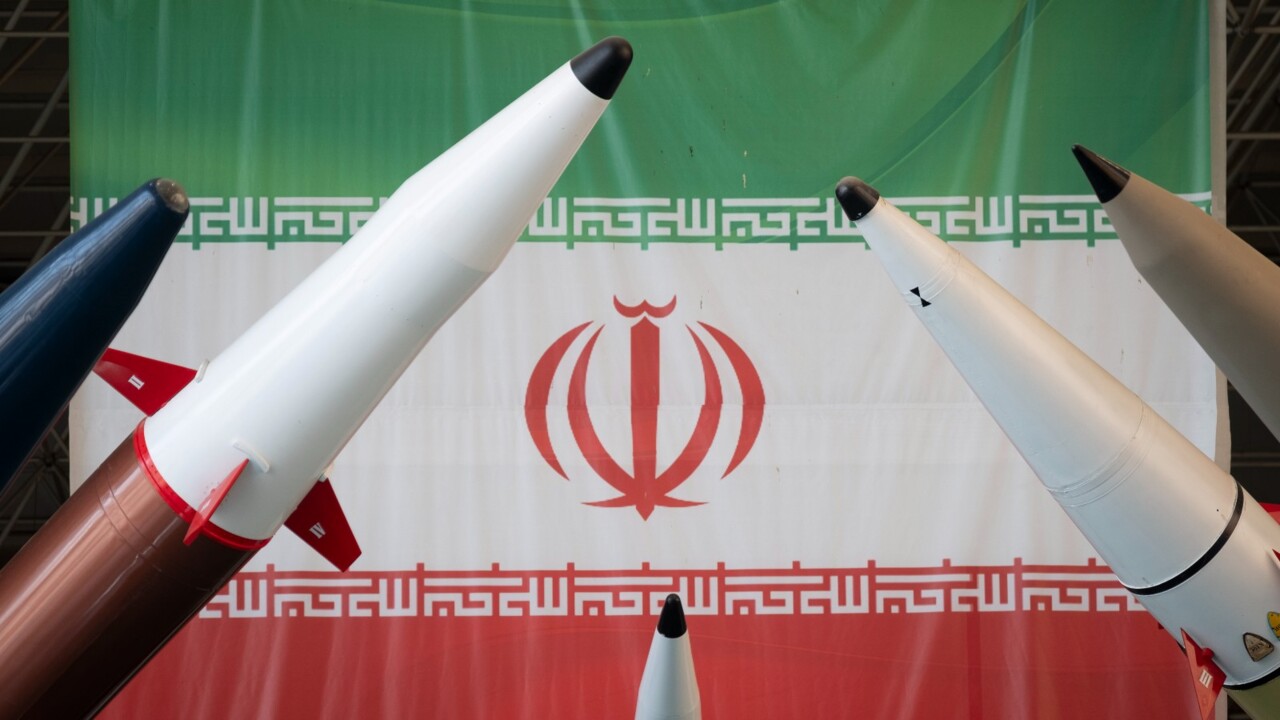
A senior US government figure says its military is preparing to step in to defend Israel from a looming attack by Iran, which could happen as soon as “this week”.
National Security Council spokesman John Kirby said at a press conference at the White House on Tuesday (AEST) that Iran could soon launch a “significant set of attacks”.
Iran have vowed to avenge political assassinations believed to have been carried out by Israel on leaders of Lebanon’s Hezbollah and Palestinian militant group Hamas in recent weeks.
President Joe Biden has spent the day calling European leaders to discuss the growing threat of open conflict between the Middle Eastern powers.
“We have to be prepared for what could be a significant set of attacks,” Mr Kirby told reporters.
“We share the same concerns and expectations that our Israeli counterparts have with respect to potential timing here – could be this week.
“We’re continuing to watch it very, very closely.”
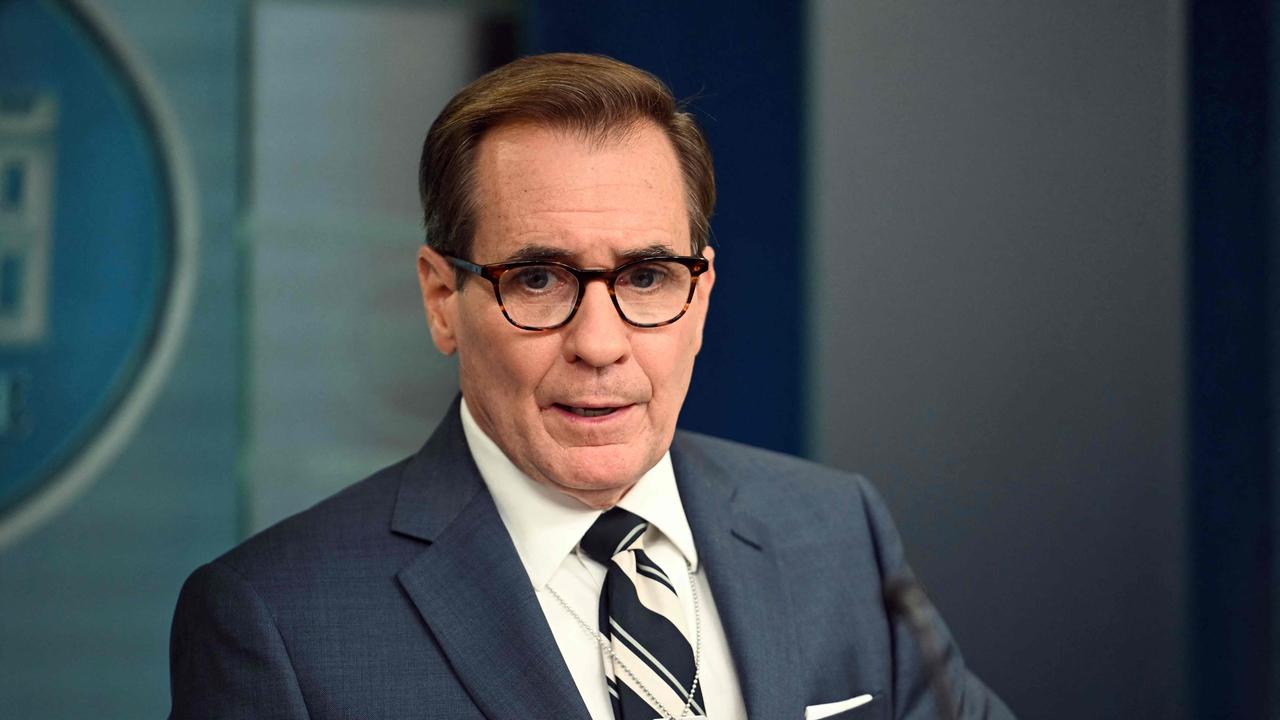
Mr Kirby said the US had “increased our force posture and capabilities in the region even in just the last few days” but added it was “difficult to ascertain” what any response would be.
His comments came as the superpower rushed aircraft carrier strike group USS Abraham Lincoln and a guided missile submarine to the region in a show of support for Israel.
“Secretary (Lloyd) Austin has ordered the USS Abraham Lincoln Carrier Strike Group, which is equipped with F-35C fighters, to accelerate its transit … adding to the capabilities already provided by the USS Theodore Roosevelt Carrier Strike Group,” Pentagon spokesman Major General Pat Ryder told reporters.
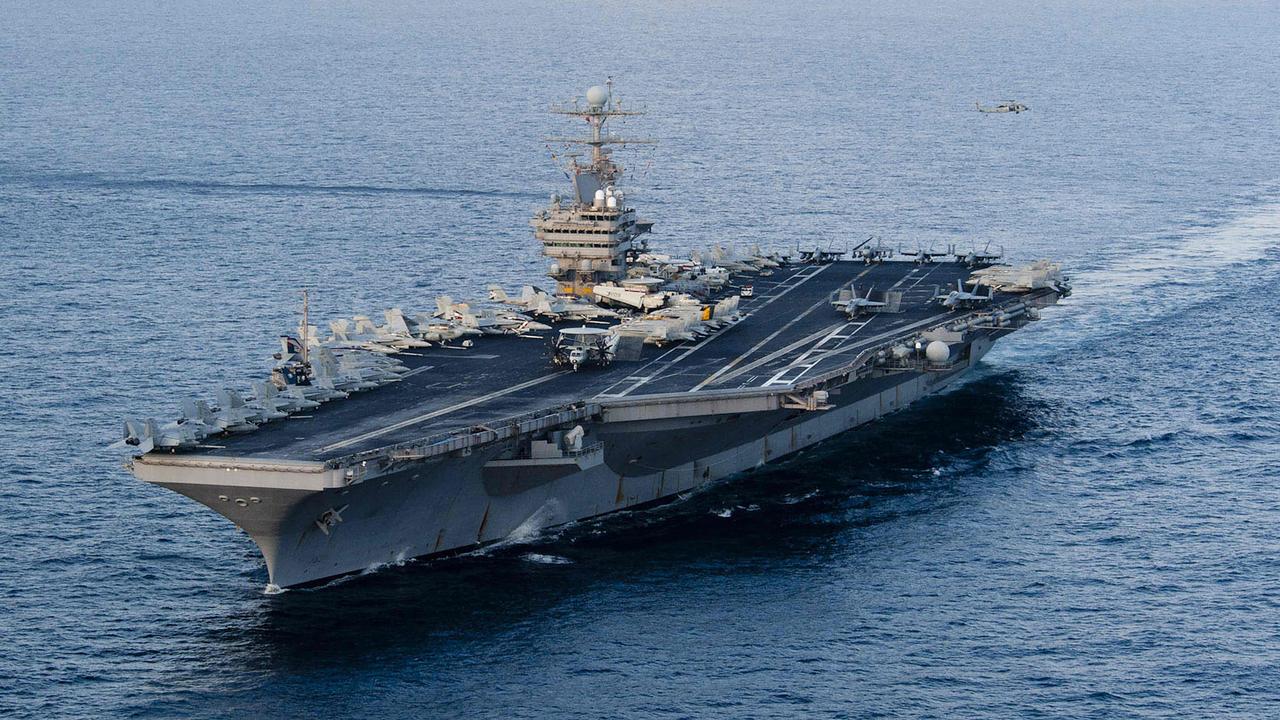
Iran, Hezbollah and Hamas have promised a response to last month’s killings of Hamas political chief Ismail Haniyeh and Hezbollah commander Fuad Shukr.
Hamas has named its Gaza chief Yahya Sinwar to succeed political leader and truce negotiator Haniyeh, who was killed on July 31 in Tehran in an attack blamed on Israel, which has not claimed responsibility.
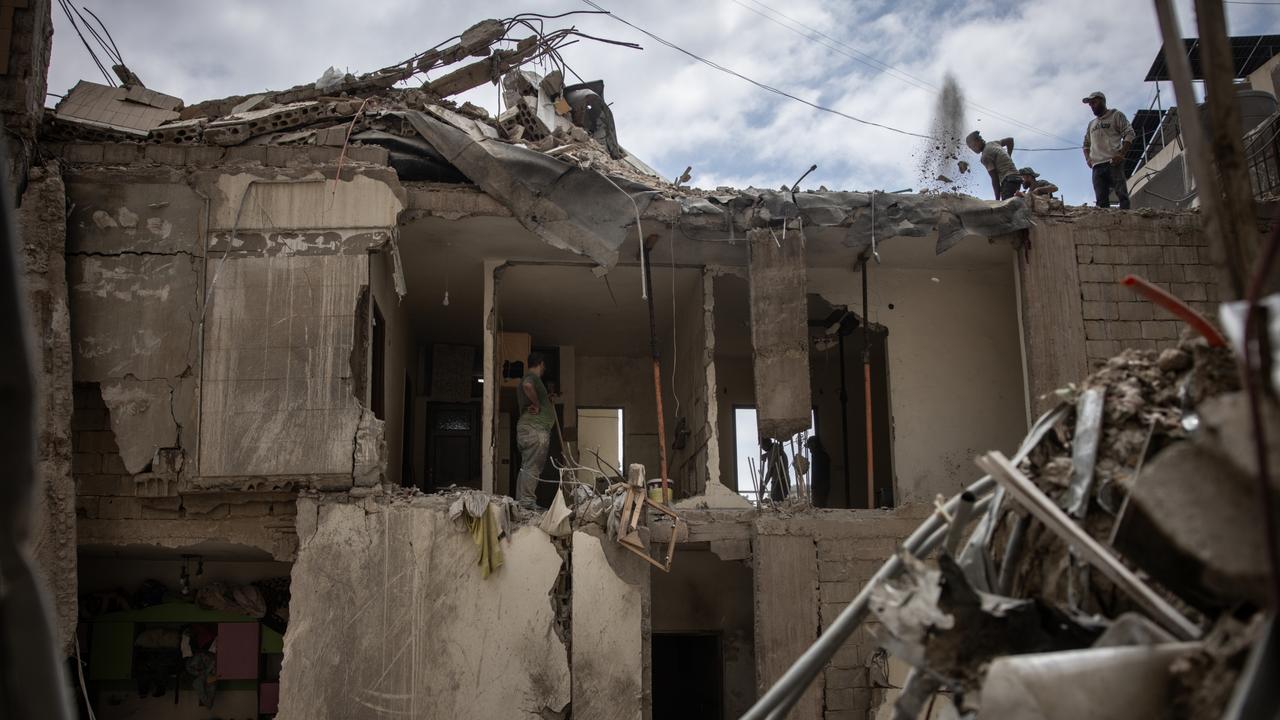
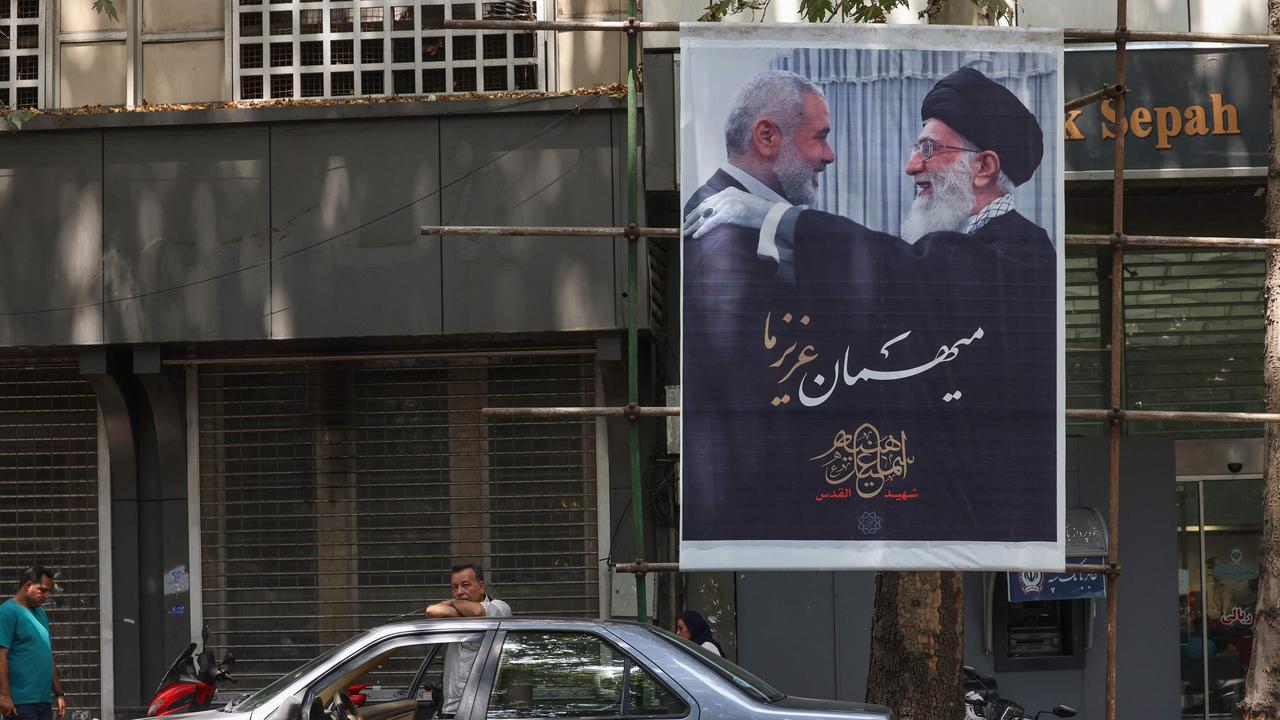
His killing, which came just hours after Israel assassinated Shukr in a strike on Beirut, spurred intense diplomacy to avert a wider war in the Middle East.
Iran’s Supreme Leader Ayatollah Ali Khamenei last month promised “harsh punishment” of Israel in reply to the killing of Haniyeh while a guest in Iran.
“We consider it our duty to avenge his blood in this bitter and difficult incident that happened in the territory of the Islamic Republic,” he said.
Iran launched an attack on Israel in April in retaliation to the deaths of two Iranian generals in Damascus.
The US and other nations helped defend Israel then, and Mr Kirby said President Biden was “confident that we have the capability available” to defend Israel again.
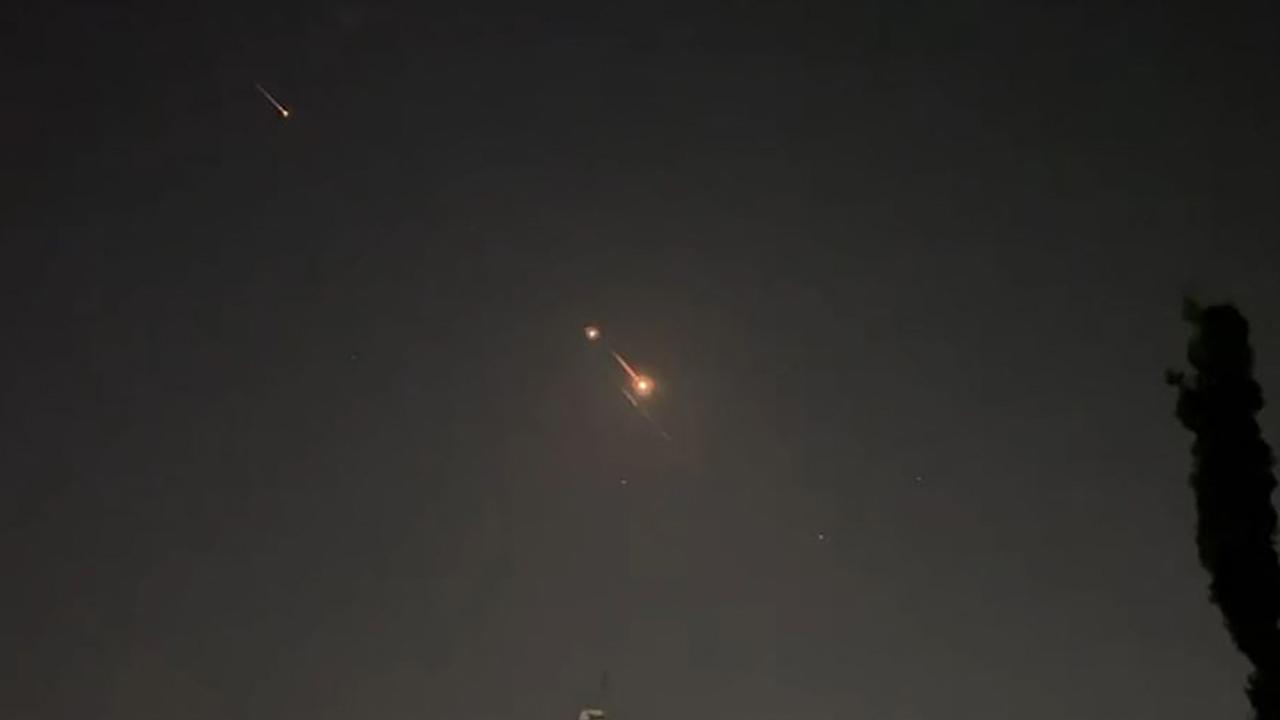
Hezbollah fighters and Israel have also traded strikes after the Lebanese group killed 12 children with a rocket attack in the Golan Heights region in July.
President Biden on Tuesday called the leaders of France, Germany, Italy and the UK to discuss the growing tensions.
The call was “largely for all the leaders to repeat what they have said before in terms of reaffirming Israel’s defence”, according to the White House, and to “send a strong message that we don’t want to see any rise in violence, any attacks by Iran or its proxies.”
“We expressed our support for the defence of Israel against Iranian aggression and against attacks by Iran-backed terrorist groups,” a joint statement from the countries read.
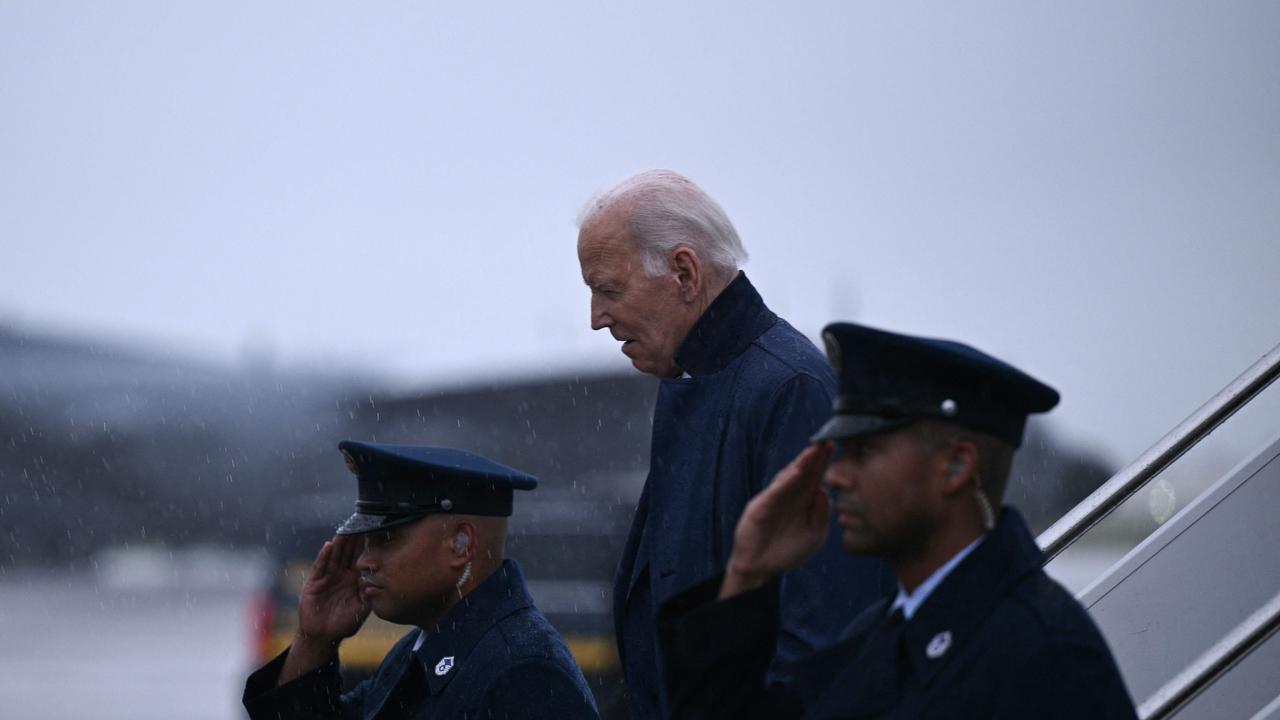
“We called on Iran to stand down its ongoing threats of a military attack against Israel and discussed the serious consequences for regional security should such an attack take place.”
In a separate call, UK Prime Minister Keir Starmer urged Iran’s new president Masoud Pezeshkian to “refrain” from any attack on Israel.
Sir Keir told his counterpart there was a “serious risk of miscalculation and now was the time for calm and careful consideration”, Downing Street said.
The leaders also called for a ceasefire between Israel and Hamas in Gaza, with difficult talks set for Thursday on halting the conflict that has escalated since October 7.
Palestinian militant group Hamas has urged mediators to implement a truce plan presented by President Biden instead of holding more ceasefire talks.
“The fighting must end now, and all hostages still detained by Hamas must be released,” French President Emmanuel Macron, German Chancellor Olaf Scholz and Mr Starmer said in a joint statement.
“The people of Gaza need urgent and unfettered delivery and distribution of aid,” it said.
“There can be no further delay.”

